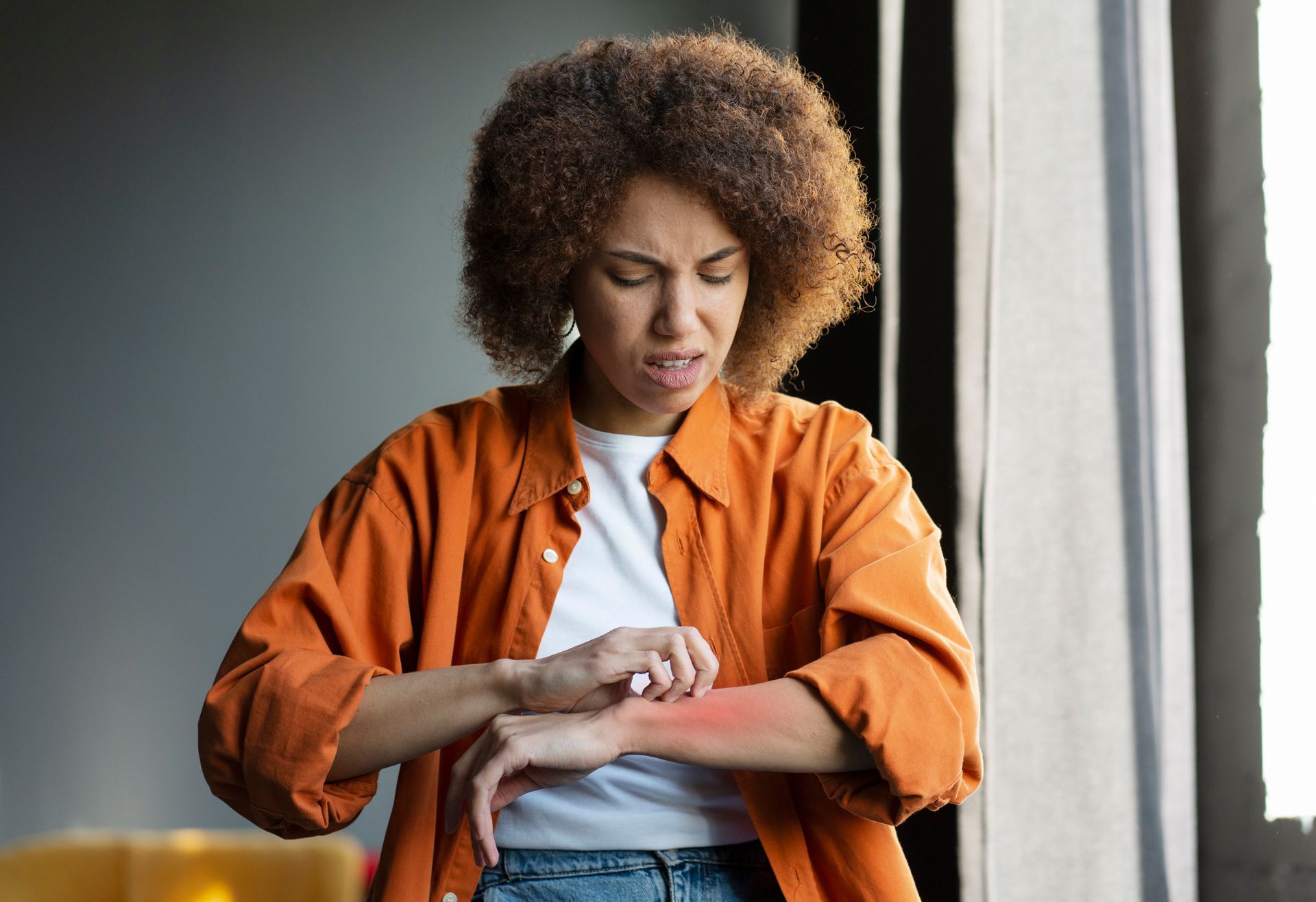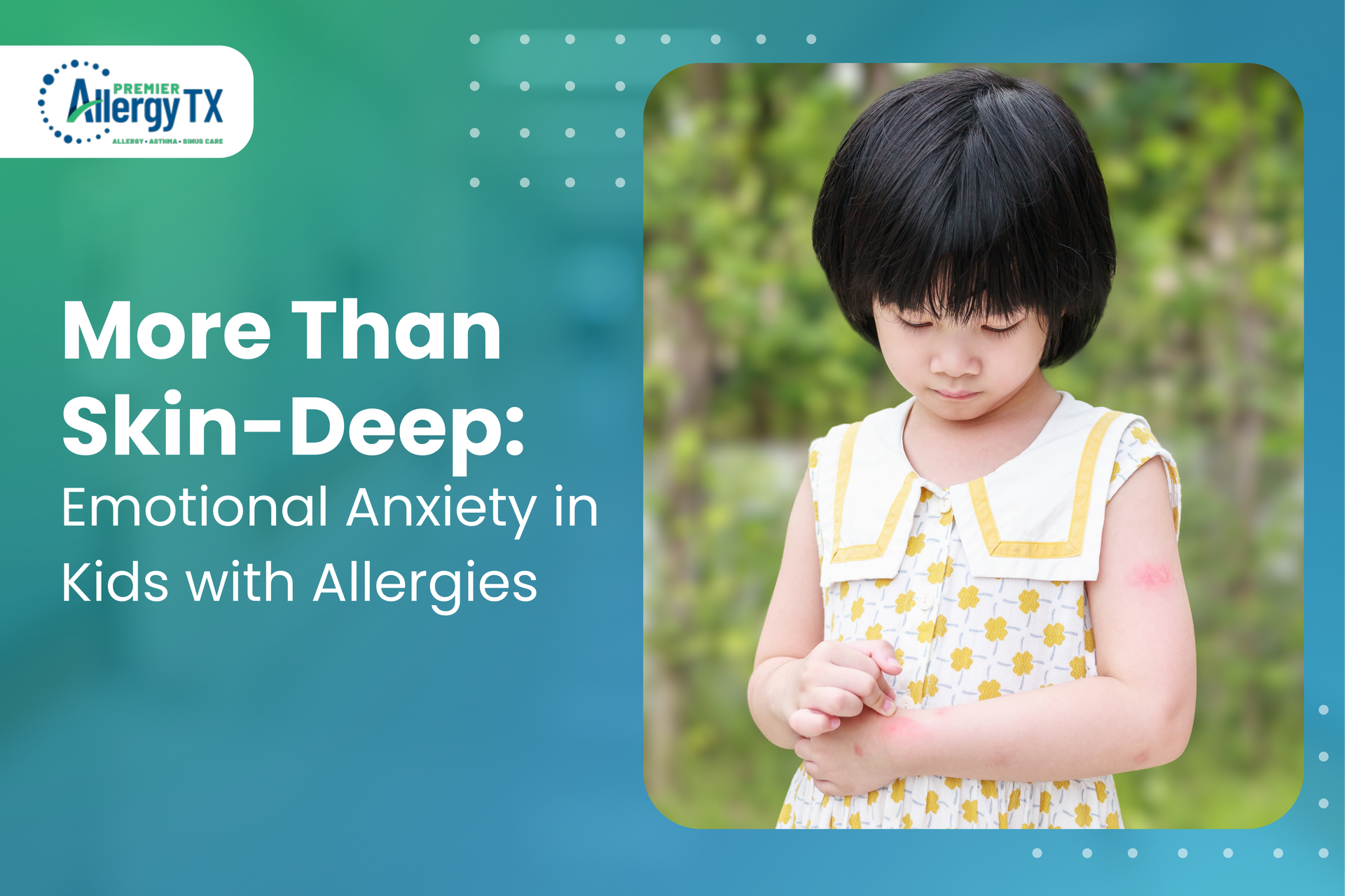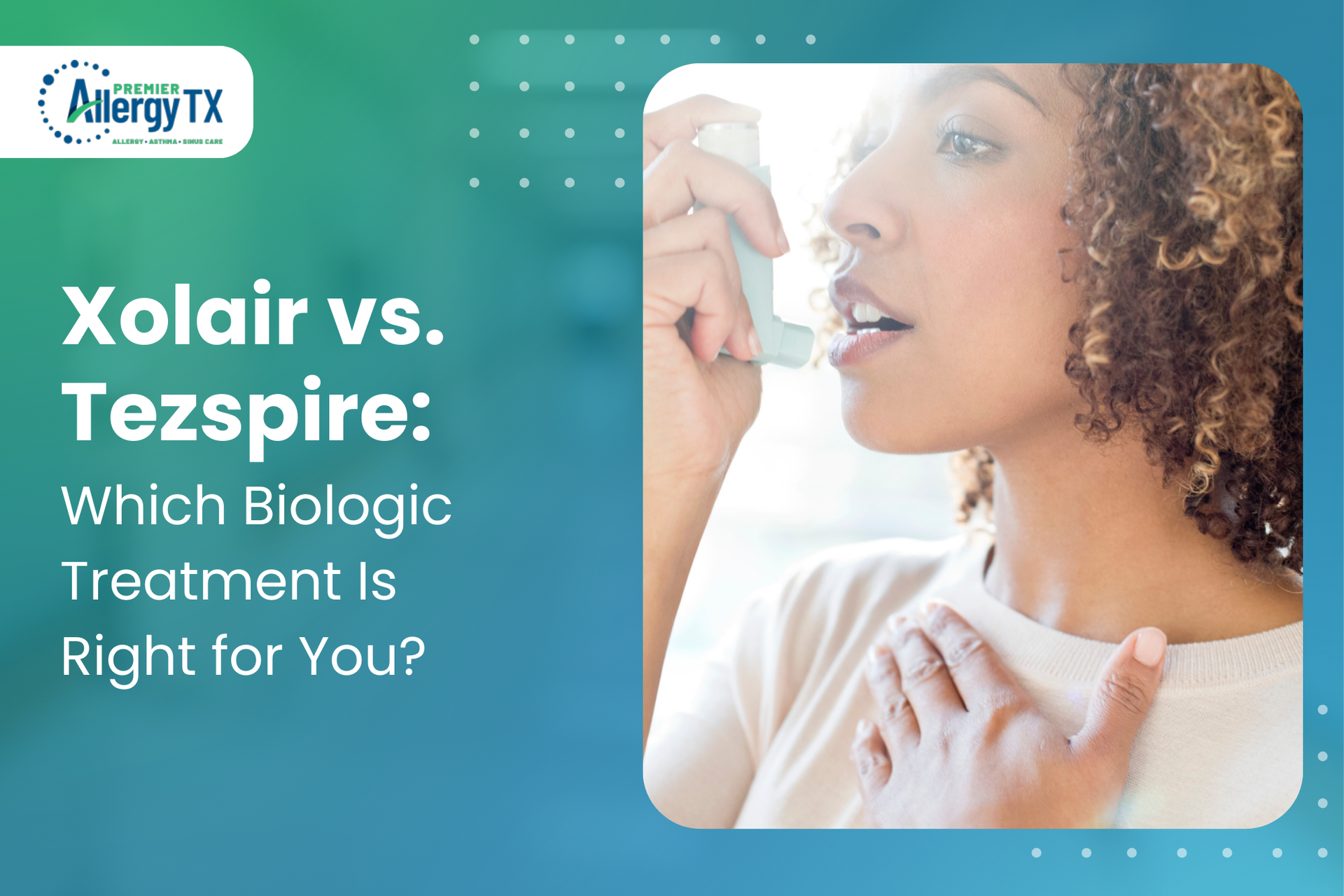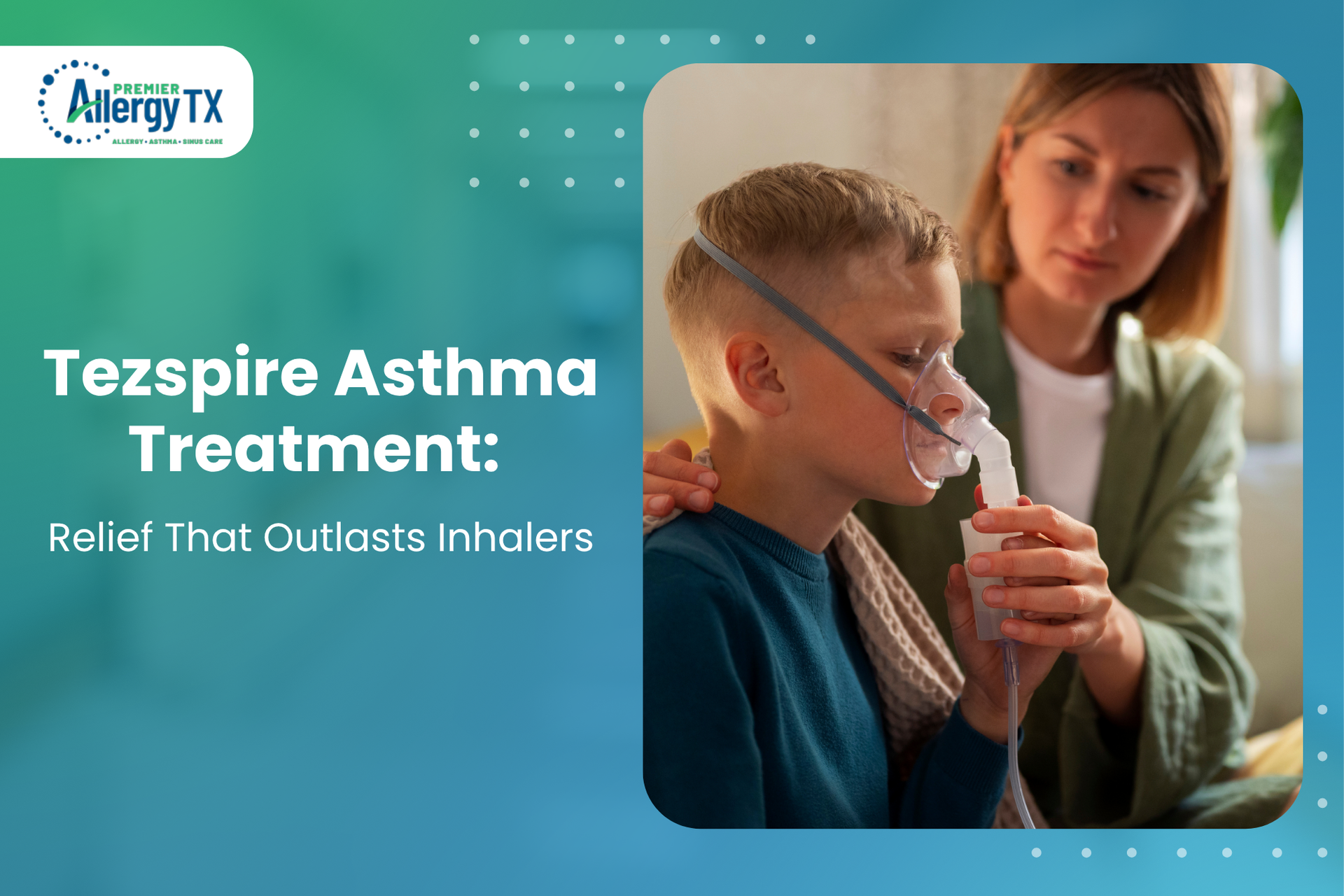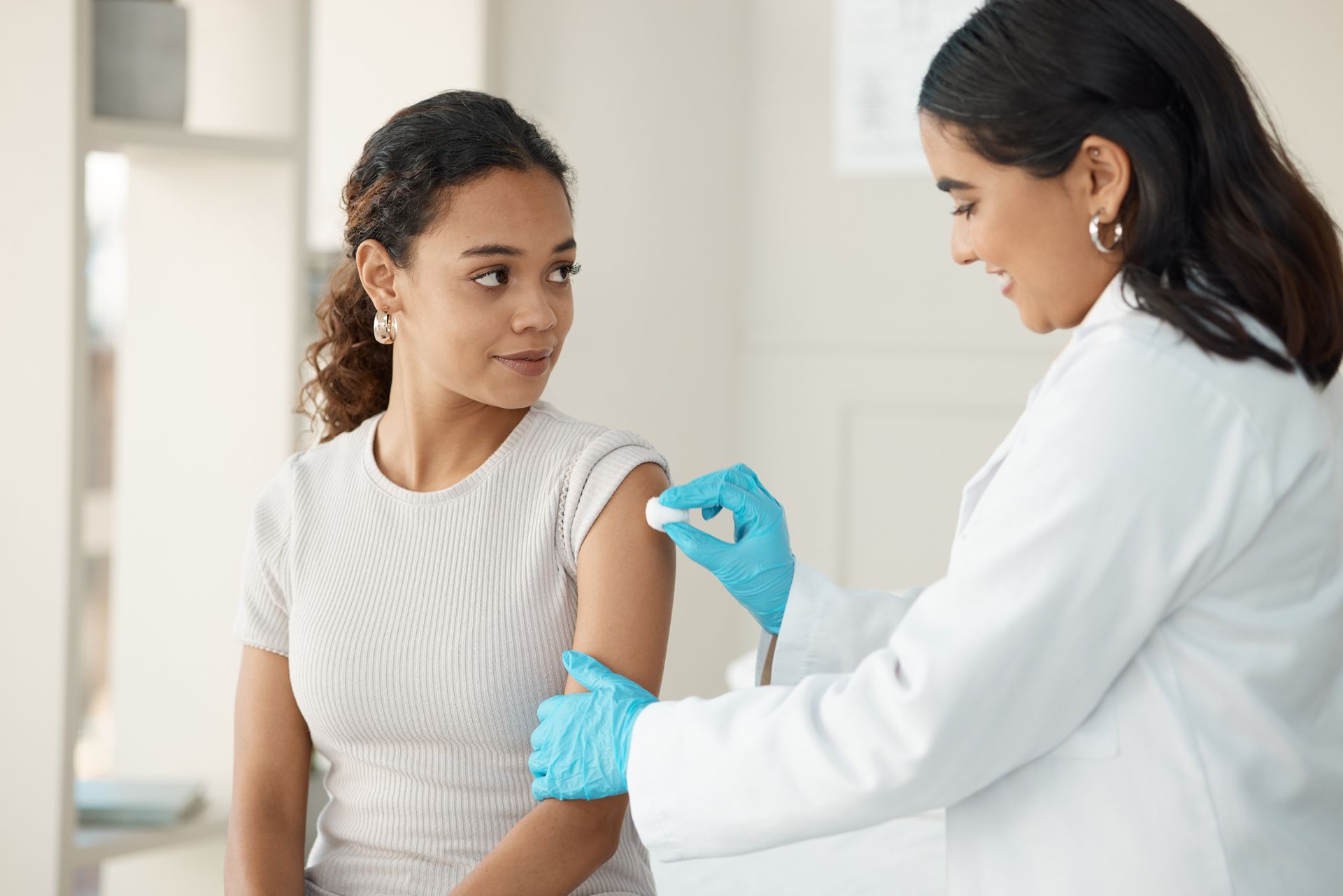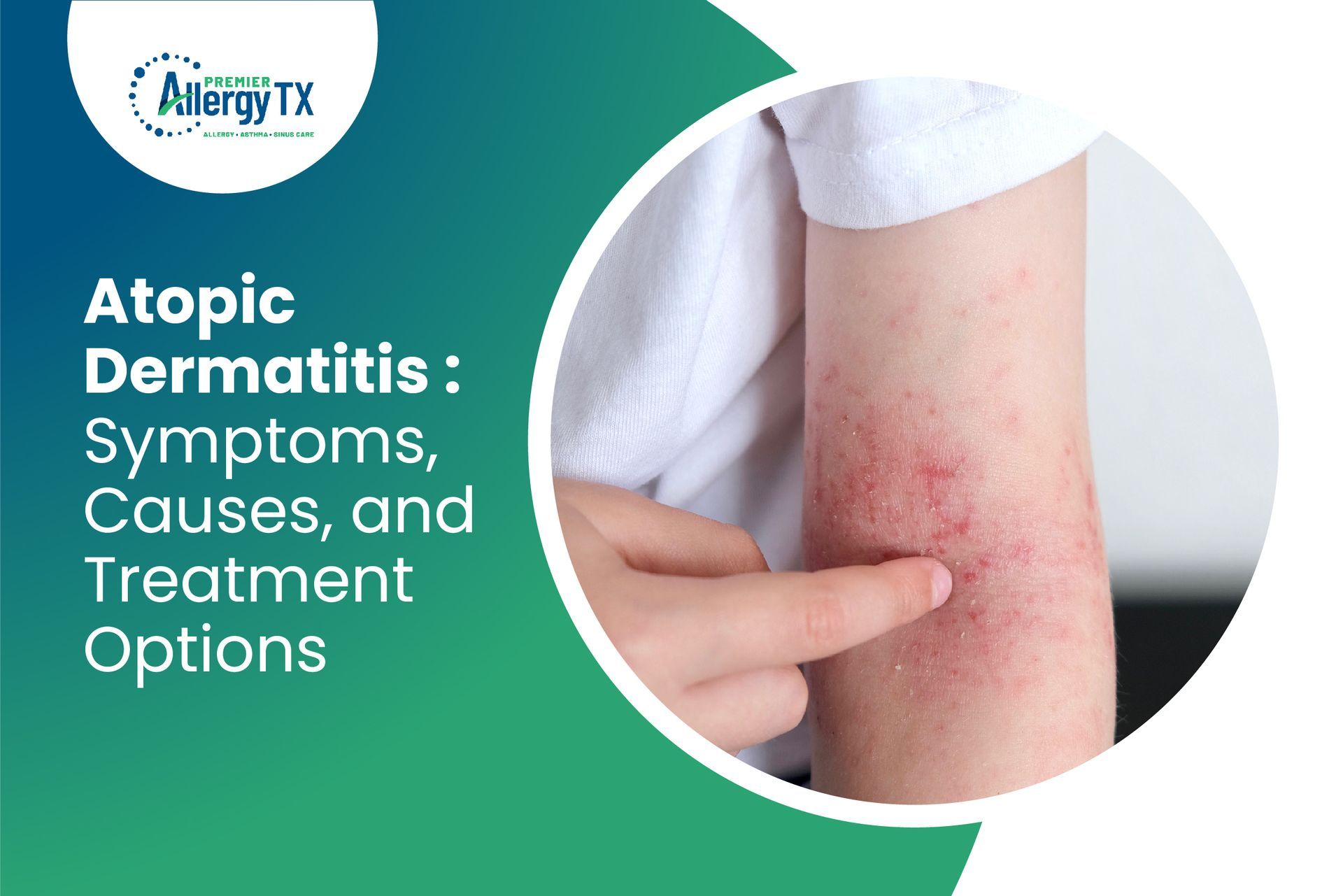Are you tired of all the itching and skin redness when your hives flare up? Medically known as urticaria, hives can often be bothersome and perplexing, especially when they disrupt your daily activities. Living with urticaria can also put you in embarrassing situations. A lot of people experience hives at some point in their lives, and although it is rarely serious, it is valid to be concerned about them. Don't worry! We’re here to help you understand what urticaria is, why it occurs, and most importantly, how you can find effective treatment.
What is Urticaria?
Commonly called hives, urticaria is a skin reaction characterized by itchy welts that appear suddenly on the skin. It impacts
around 20% of people worldwide. In most cases, hives manifest as itchy bumps, but it can sometimes lead to angioedema – swelling in specific areas under the skin or within the mucous membranes, often appearing uneven or lopsided.
Urticaria generally happens when certain medications or foods activate
mast cells, prompting them to release substances like histamine. Mast cells frequently populate various layers of the skin, particularly in proximity to blood vessels and nerves, making them a primary factor in developing urticaria. Released during an allergic reaction, histamine triggers urticaria by binding to specific receptors on skin cells. This leads to increased blood flow and permeability, resulting in the characteristic welts and swelling seen in hives. In most instances, urticaria is acute, lasting six weeks or less.
Is It Urticaria or a Rash?
The crucial factor that differentiates urticaria from rashes is the duration of the symptoms. Urticaria only lasts for minutes to a few hours, never exceeding an entire day. This is because urticaria results from blood vessel dilation triggered by histamine and other substances that cells release, causing minimal tissue damage and no significant cellular infiltration. If you experience painful lesions that persist for more than 24 hours, even if they appear similar to hives, consult your doctor to get an accurate diagnosis.
Hives Causes
Hives often appear following an allergic reaction, triggered when the immune system releases histamine. But there are other underlying conditions that can also lead to hives flare-ups. Here are the conditions known to cause hives:
- Allergies
Allergic reactions to substances such as certain foods, medications, insect stings, or environmental allergens
are the most prevalent causes of urticaria. Allergies occur when your immune system adversely reacts to a substance that isn't typically harmful. This can result in symptoms like skin itching commonly associated with urticaria.
2.
Autoimmune Disorders
In some cases, the immune system malfunctions, leading to autoimmune disorders. When this happens, the immune system misidentifies your own cells as foreign invaders, releasing antibodies that attack healthy tissues. This can result in a range of health issues and conditions. Underlying autoimmune conditions like lupus or thyroid disorders can result in urticaria.
3.
Stress and Anxiety
Believe it or not,
emotional stress can induce hives. The body’s response to stress can sometimes trigger the release of histamines, leading to adverse skin reactions characterizing urticaria.
4.
Infections
Viral or bacterial infections trigger the body’s immune response, which can sometimes manifest as urticaria.
5.
Physical Triggers
Exposure to heat, cold, pressure, or even sunlight
can induce hives in some people. This reaction is known as physical urticaria.
Urticaria Treatment
The good news is that hives are usually not life-threatening, and they often go away on their own within a few hours or days. However, if you’re looking for relief or your hives persist, here are some good practices and effective treatment options to consider:
a. Identify and Avoid Triggers
Identifying the underlying cause is paramount. This may require allergy testing or keeping a detailed journal of activities, foods, and environments.
b. Take Antihistamines
These
medications block the effects of histamines, relieving the itch and reducing the appearance of hives.
c. Apply/Take Corticosteroids
If the case is severe, your healthcare provider may prescribe a short course of oral or topical
corticosteroids to alleviate inflammation. Calamine lotion or corticosteroid creams can soothe localized irritation and reduce redness.
d. Get an Immunomodulators Prescription
Your provider may prescribe immunomodulatory drugs to help regulate the immune system’s response to chronic urticaria.
e. Undergo Allergy Testing and Immunotherapy
Identifying specific allergens through testing and undergoing
immunotherapy can provide long-term relief for allergy-related chronic urticaria.
f. Manage Stress
Relaxation techniques like meditation, yoga, and deep breathing exercises can help minimize
stress-induced flare-ups.
Tailored Treatment: A Path to Relief
If you’ve repeatedly asked yourself, “Why am I getting hives?” and searched online for “urticaria rash” and “hives rashes,” it’s time to get a more accurate diagnosis and an appropriate treatment plan from a seasoned expert. Here at Premier Allergy TX, we offer specialized treatment options that target the root causes, fostering long-lasting relief and improved quality of life.
Consulting an
allergy specialist in San Antonio is vital to understanding and managing urticaria. We conduct thorough assessments to identify specific allergens that trigger your hives. With this knowledge, you can take proactive steps to avoid your triggers.
- Customized Treatment Plans
San Antonio’s allergy and immunology specialists have the expertise to design personalized treatment plans that cater to your specific situation. This may involve prescription medications, lifestyle modifications, or immunotherapy – a long-term solution that desensitizes your immune system to particular allergens.
At Premier Allergy, specialists can recommend lifestyle changes tailored to your specific case. These adjustments, combined with medical intervention, can bring about a significant improvement in your condition. Avoiding known triggers, practicing stress management techniques, and adopting a healthy diet can all contribute to keeping hives at bay.
Frequently Asked Questions About Hives Causes and Cure for Hives
Why am I suddenly getting hives?
Sudden outbreaks of hives are due to the body’s immune response. It’s often a reaction to a trigger, such as an allergen or stress. Identifying and avoiding these triggers, with the help of an allergy specialist (if necessary) provides lasting relief.
Is there a permanent cure for hives?
While there isn’t a one-size-fits-all cure for hives, effective management and treatment options are available. Consulting an allergy specialist can lead to personalized approaches, including medications, lifestyle adjustments, and, in some cases, immunotherapy to desensitize the immune system to specific triggers.
Can certain foods trigger hives?
Yes, certain
foods are known to trigger hives in susceptible individuals. Common culprits include nuts, shellfish, eggs, and dairy products. Identifying and avoiding specific food allergens is crucial in preventing adverse effects.
Embrace a Hives-Free Life: Your Path to Urticaria Relief Starts in San Antonio!
Urticaria, or hives, is a tricky skin condition to manage, but with the proper knowledge and expert guidance, you will find relief in no time. Understanding the triggers, seeking professional help, and making lifestyle adjustments can pave the way to a hives-free life.
Is urticaria causing discomfort in your daily life? Turn to our dedicated team of
allergy specialists at Premier Allergy, TX. Led by Dr. Freiler, our experts excel in urticaria treatment, ensuring personalized solutions to help you experience relief like never before. Reclaim your comfort and beat hives for good!
Say goodbye to urticaria – look for top-notch allergy and asthma care in San Antonio, contact us today at (210) 791-7856 or tap the “Schedule an Appointment” button. Let’s build an environment where urticaria no longer holds you back! Explore our website today and embark on a journey towards a hives-free life.



